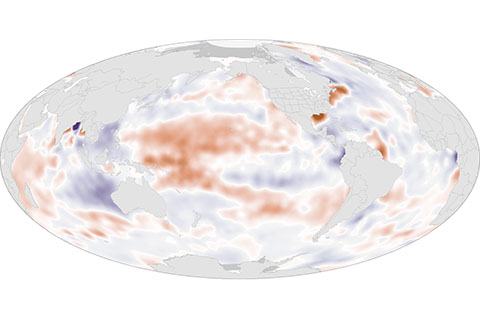
Across the globe, changes in salinity over time generally match changes in precipitation: places where rainfall declines become saltier, while places where rainfall increases become fresher. Where did saltiness change over the past decade?

Across the globe, changes in salinity over time generally match changes in precipitation: places where rainfall declines become saltier, while places where rainfall increases become fresher. Where did saltiness change over the past decade?
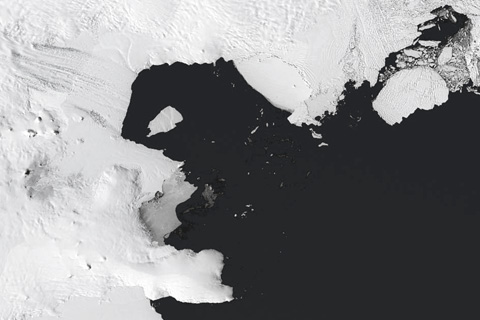
Why on Earth are climate scientists so interested in the West Antarctic ice sheet? This remote region of the seventh continent has been the subject of many recent research explorations--the results of which have been described in the news with words like “collapse,” “irreversible,” and “huge.”
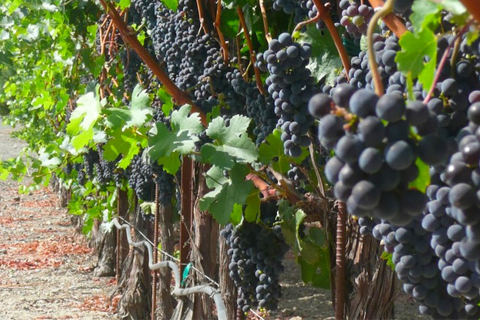
In the midst of a drought in 2008, biologists discovered dead Coho and steelhead trout in a tributary of the Russian River. When the dust settled, the focus turned to how winegrowers and other water users could reduce their impact. The event provided the parties involved—winegrowers, conservationists, and the water agency—an opportunity to find common ground in the realm of science.

In response to recent decades' warming, forests in the eastern United States have been "inhaling" more carbon dioxide through photosynthesis than they've “exhaled” through respiration.

Ocean water acidified by increasing carbon dioxide is corroding calcium carbonate minerals—an essential ingredient for shell- and skeleton-building that creatures like this tiny snail rely upon.
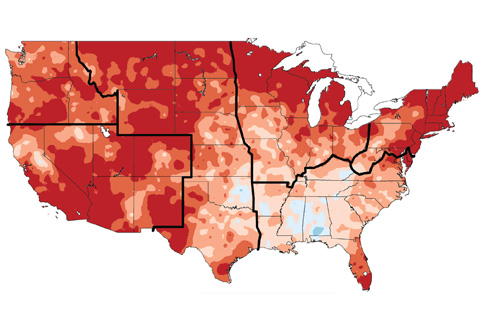
It’s only when we “zoom out” to the planet-wide scale that trends in surface temperature are obvious: despite a few, rare areas experiencing cooling, the vast majority of places across the globe are warming.
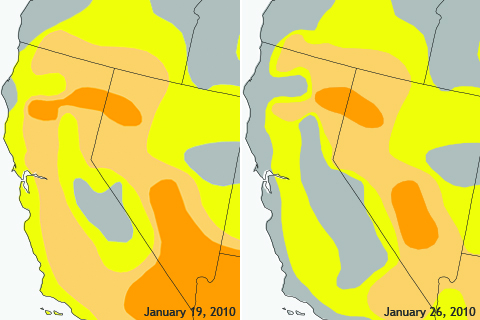
Atmospheric rivers are the source of 30-50 percent of precipitation along the U.S. West Coast, and they are a major driver of the region's most serious floods. But the events are also called “drought busters” because, as these maps from 2010 show, just one or two storms can help replenish the water system during dry spells.
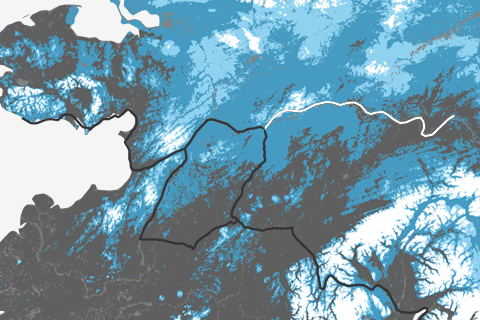
A lack of snow covering the harsh terrain of the Iditarod this March made the 2014 race especially challenging, and many mushers pulled out of the race due to injuries and broken sleds.
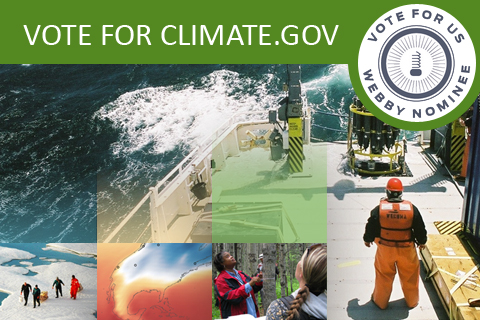
The International Academy of the Digital Arts & Sciences has chosen us as one of five nominees for the annual Webby Awards for online excellence. Please consider voting us for the People's Voice Award! Vote for us in the Government category, and vote for the "Teaching Climate" section in the Green category.